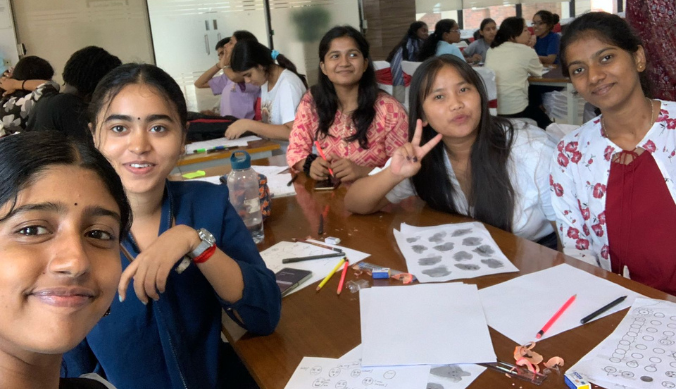Hegemonic Failures: Mass-Elite Resonance and Narratives of Indian Nationhood, 1947–50
Amit Julka is an Assistant Professor in the Department of International Relations, Ashoka University. His research lies at the intersection of critical/Gramscian IR, interpretivist methods, and South Asian politics.
By comparing competing conceptions of Indian nationhood from 1947-50, this article develops a theoretical framework of ideational resonance that distinguishes between hegemonic and dominant ideas at the mass level. Based on a Gramscian framework of hegemony and mass common sense, the article posits that some ideas may appear to be dominant as opposed to being truly hegemonic in the Gramscian sense. Secondly, what determines whether an idea becomes truly hegemonic is its resonance with mass common sense; the closer the sociopolitical link between the elite and the masses, the more likely it is to form cultural hegemony. Our framework yields the conclusion that these initial years of Indian independence were marked by a lack of hegemony, despite the seemingly unassailable position of the ruling Congress party. Conversely, we argue that during the same time period, Hindu nationalism’s social influence may have been underestimated because of its political marginalization by Congress-led state apparatuses.
Study at Ashoka













